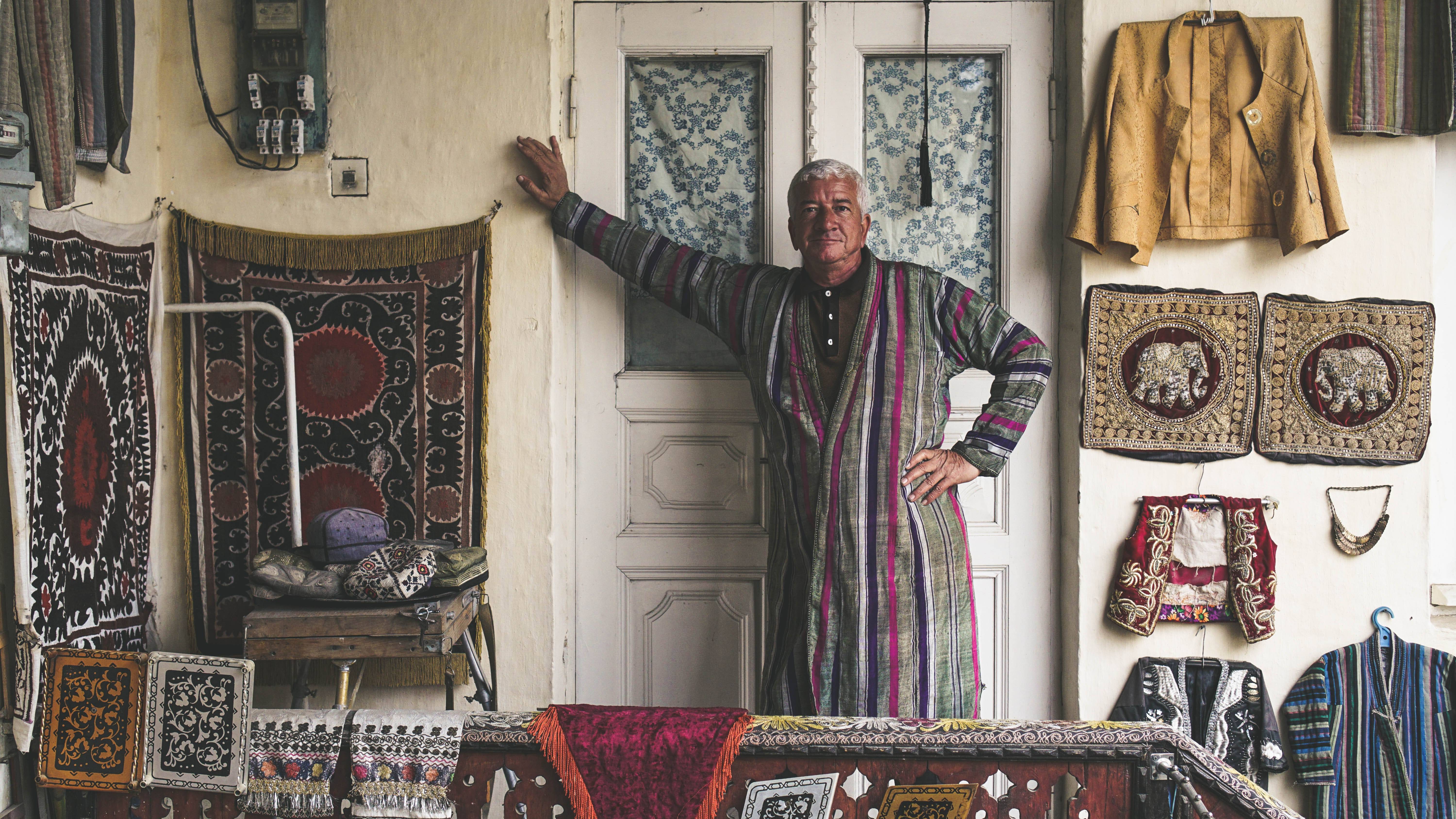
Tashkent, Uzbekistan, 11 November 2021 – The European Union has launched the SWITCH-Asia Programme in 2007 to promote Sustainable Consumption and Production (SCP) and support the transition towards a low-carbon, resource-efficient and circular economy in Asia. The programme has been extended to Central Asia in 2019 and two SWITCH-Asia Components are currently active in four Central Asian countries – the Grants Programme and Technical Assistance (policy support) provided to Governments through the SWITCH-Asia Sustainable Consumption and Production Facility (SCP Facility).
On Friday, 12th November 2021, the online kick-off meeting of the technical assistance that will be provided to the Republic of Uzbekistan will take place at 15:00-17:00 Tashkent time (11:00-13:00 CET). This meeting is organised by the Ministry of Economy and Poverty Reduction of the Republic of Uzbekistan and the EU SWITCH-Asia SCP Facility, with support from the EU Delegation. Around 40 participants are expected to attend.
The aim of this “Kick-off Meeting” will be to discuss the steps forward towards integrating Sustainable Consumption and Production (SCP) into policy and practice, and, effectively supporting the country’s transition towards a green economy, working towards poverty reduction and climate mitigation.
For this purpose, EU SWITCH-Asia SCP Facility experts are preparing a SCP Action Plan to complement measures included in the priority development areas identified in the Green Economy Strategy of the Republic of Uzbekistan. A targeted approach is being developed and stakeholders will be invited to provide comments on the draft proposal, with a focus on practical implementation of SCP practices.
The second theme of EU SWITCH-Asia SCP Facility’s assistance is on the Enhancement and Implementation of SCP Tools and Circular Economy Approach in the Textile Sector. The main objective of this work will be to identify appropriate SCP tools to greening the supply chain, minimising water and energy consumption, substituting the use of chemicals and promoting the switch to sustainable production practices in the textile and garment sector. A Scoping Study on Textiles and Garments and a Benchmarking Analysis of Uzbek enterprises working in the sector will also be prepared.
The urgent need to change from unsustainable consumption and production patterns to a green economy and sustainable development is increasingly being recognized, particularly in the period post-pandemic economic recovery. This shift requires adequate policies, implementation mechanisms with appropriate enabling capacity, awareness raising and education, together with innovation and responsibility.
The Government of the Republic of Uzbekistan has undertaken significant steps in outlining its commitment to energy efficiency and renewable energy, in particular solar power. On 4th October 2019, the Green Economy Strategy was also approved and the Interdepartmental Council for Green Economy Promotion and Implementation was created. More recently, during the COP26, Ilkhom Norkulov, First Deputy Minister of Economy and Poverty Reduction has declared that energy efficiency, climate change adaptation and mitigation, increased efficiency of sustainable use of natural resources are main priorities for the country.
The transition to sustainable consumption and production requires political, economic, institutional, behavioural and technological shifts. These are made possible through a combined application of sustainable consumption and production principles, approaches and strategies. Over the next year, the Republic of Uzbekistan will be benefitting from the support of experts from the EU SWITCH-Asia SCP Facility and from a grant scheme that has been set up to support four pilot projects testing new approaches on SCP in the country.
Media Contact:
Sara Gabai
Communication and Knowledge Expert
SWITCH-Asia SCP Facility



